ABSTRACT
Scopo dell’articolo è considerare gli usi che Schnitzler fa del metateatro e del metalinguaggio come due realizzazioni di un medesimo processo, vale a dire quello recentemente descritto dagli studiosi come Metaisierung. L’analisi è basata principalmente su una lettura degli atti unici dell’autore, compresi i meno noti. Il corpus presenta una grande varietà di dispositivi metateatrali e metalinguistici, tutti volti in ultima istanza a tradurre in forme artistiche alcuni temi centrali nel pensiero di Schnitzler, come il contrasto fra verità e menzogna, vita e commedia, estrema consapevolezza di sé e sottomissione all’inconscio.
Parole chiave: Metateatro, metalinguaggio, Arthur Schnitzler, atti unici, Wiener Moderne.
Aim of this article is to consider Schnitzler’s use of metatheatre and metalanguage as two realizations of the same kind of process, namely that which scholars have recently described as Metaisierung. The analysis draws mainly on a close reading of the author’s one-act plays, including the lesser-known ones. This corpus shows a variety of metatheatrical and metalinguistic devices, both ultimately serving the purpose of translating into artistic forms certain core themes of Schnitzler’s thought, such as the contrast between truth lies, life and comedy, extreme self-awareness and enslavement to the subconscious.
Keywords: Metatheatre, metalanguage, Arthur Schnitzler, one-act plays, Wiener Moderne.
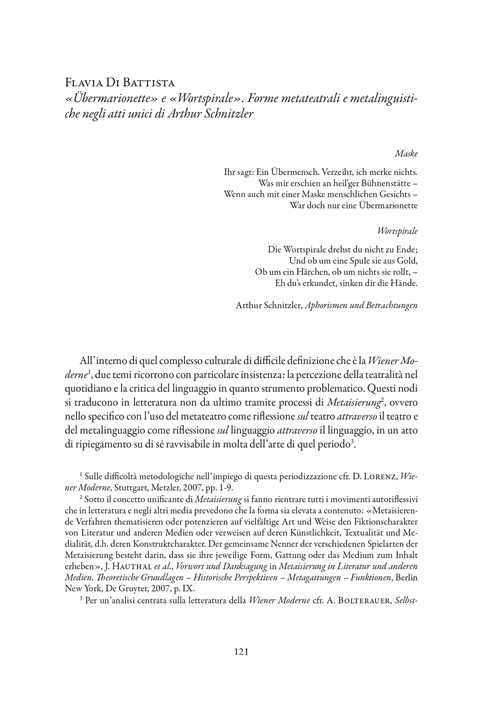





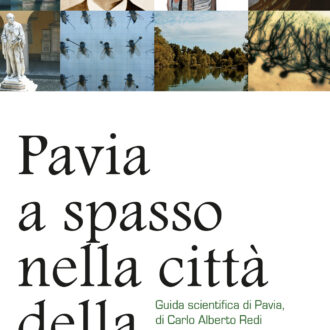
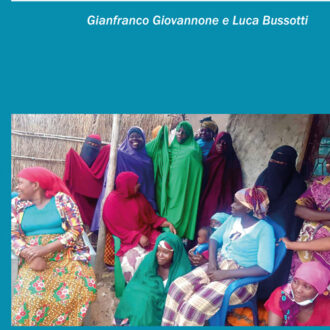
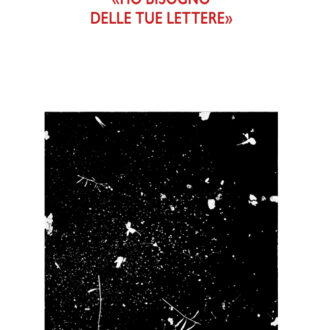

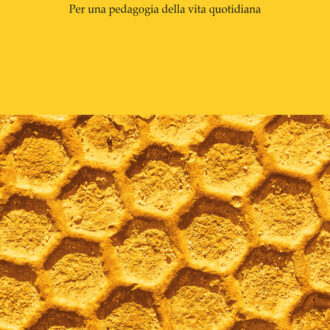

Recensioni
Ancora non ci sono recensioni.